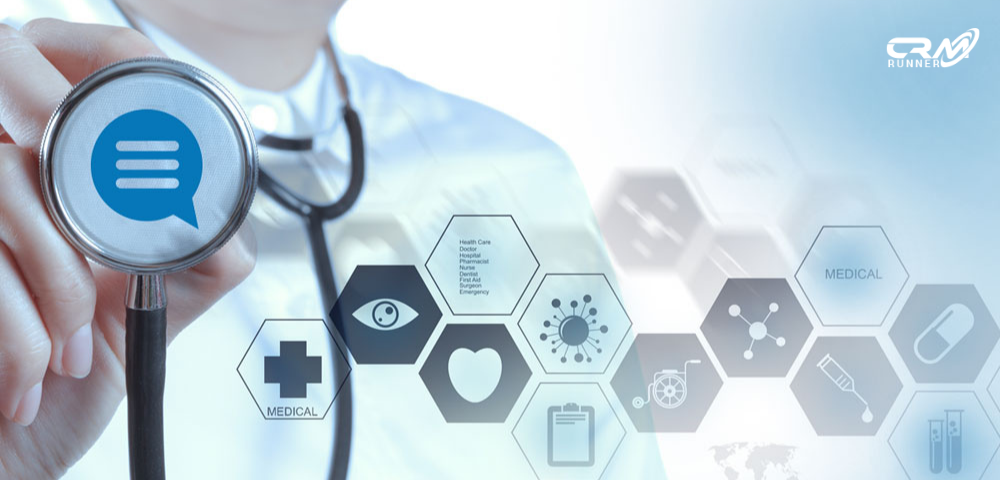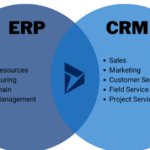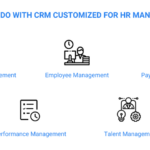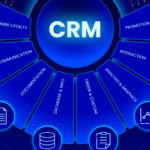Nowadays patients expect highly personalized services, easy access to the healthcare system, and privacy and security for their health information. When it comes to selecting providers, they are more informed, involved in their own healthcare, and meticulous. The marketing departments of healthcare institutions need to adapt to these challenges.
Technology is revolutionizing how healthcare works at the same time. As the number of touchpoints and data inputs increases, health systems need to collect, store, and analyze that flood of data more effectively. Health care teams need a “single pane” view of each patient and tools for organizing the appropriate care and communications to improve patient results. The healthcare industry strives to contain the operational costs simultaneously with the delivery of truly patient-centered care.
CRM software generally keeps customer and business data in order. A healthcare industry-designed CRM system helps to engage, acquire, and retain patients and improve care throughout the lifecycle of patients.
The Advantages of using CRM Runner in the Healthcare Industry
- Reports, Metrics, and Dashboards
A CRM stores patient information in a communications module so that employees can easily schedule and monitor patient appointments and interactions throughout the healthcare system. Many doctor’s practices, clinics, and hospitals have set up an online medical portal to make new patient check-in and record updates for existing patients less time consuming for staff.
The CRM software allows employees to add or update patient records and to access patients’ medical histories to provide better care. The best CRM software reporting module can be designed to segment the population of patients to analyze and then better understand them.
- Mailing and Marketing Campaigns
Knowing who patients are, what they need, and what they are looking for enables healthcare institutions to improve their quality of care and services, and to build strong relationships with their patients. A CMR software for the healthcare industry can track patient satisfaction and the patient’s likelihood of referring others to the healthcare establishment. Such information provides healthcare executives with valuable feedback to make data-driven choices. In order to obtain a targeted list of patients or prospective patients most likely to be interested in future special offers or new products or services, the CRM lets you screen your contacts.
- Customer Management Processes
Filing out forms, reporting, regulatory compliance, appointments, doctor and nurse-patient notes, prescribed and on-hand medications, etc. All of these tasks can be automated with a CRM, involving a particular sequence of actions. The CRM task management module allows employees to add a task, assign it to an individual member of the staff, and monitor the progress, deadline, priority, and completion of the job.
Conclusion:
A CRM Software is a versatile system that acts as a medical records portal, patient tracking system, marketing platform, and routine task automation center. Tailored to your specific healthcare needs, a CRM can free up you and your staff to focus on the patient’s treatments, and more strategic projects, which results in enhanced customer experience, reducing waiting times, and satisfaction.






0 Comments